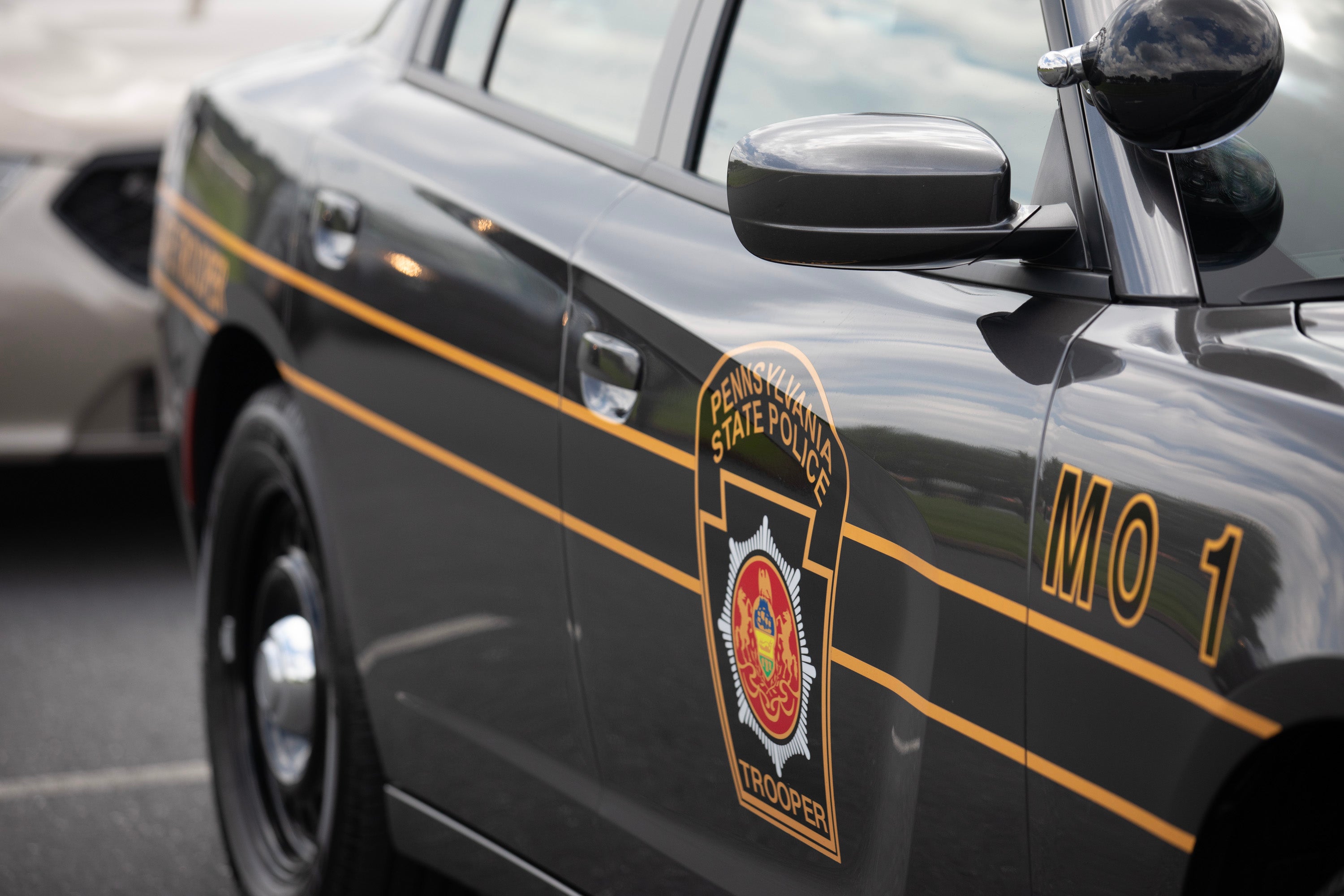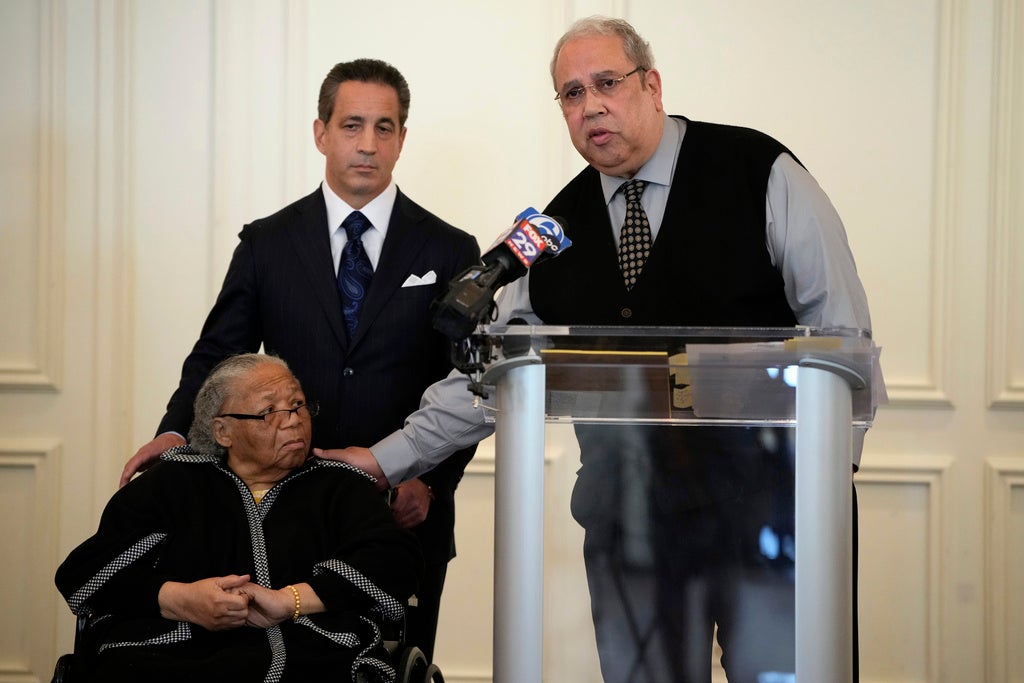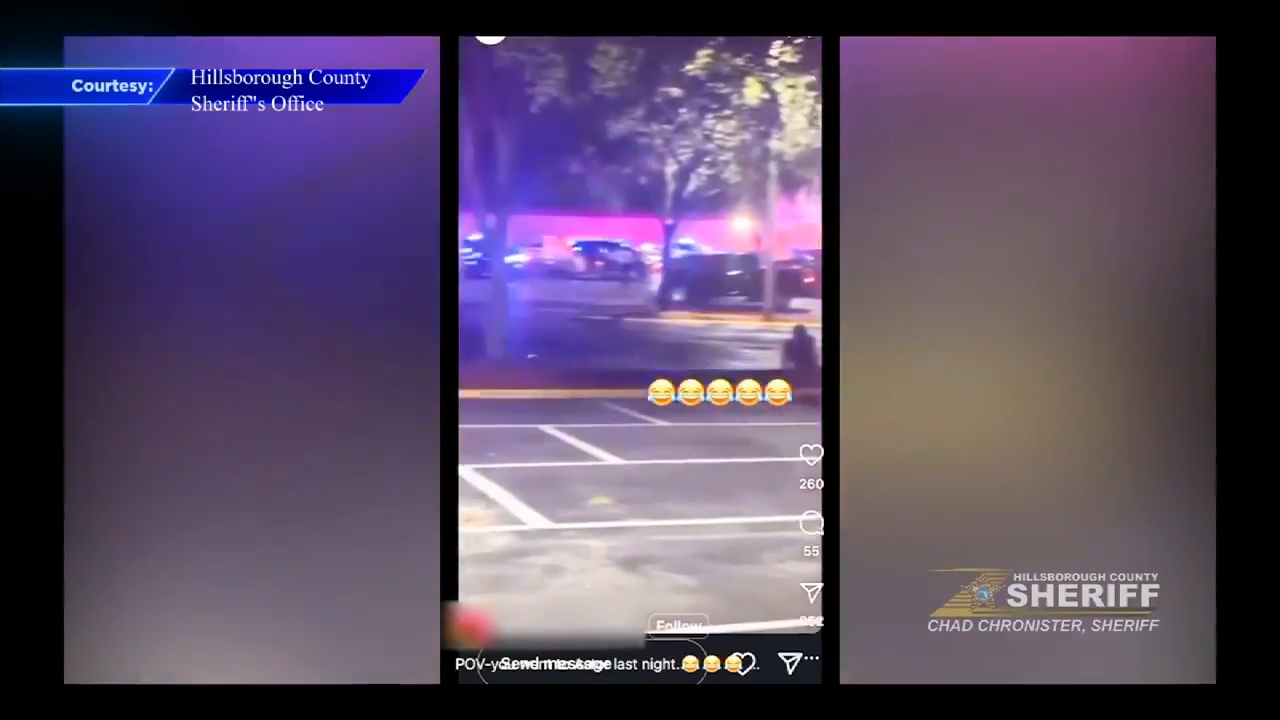ERIE, Pa. — Erie Golf Club could have a new owner by this time next year.
Erie County Judge Marshall Piccinini approved Millcreek Township’s petition Monday to sell the 160-acre, 18-hole public golf course. On Tuesday, township supervisors voted unanimously to seek an appraisal on the property, the next step in selling the golf course.
“Once we get the appraisal, we will begin the process to put a bid package together,” said Mark Shaw, township solicitor.
The appraisal will come from Golf Property Analysts, a Conshohocken-based company, and cost the township $15,000 with a $9,000 retainer.
The township has owned Erie Golf Club since 2009, when it acquired the course, located at 6050 Old Zuck Road, in a deal with the city of Erie. The course was established in 1921 and designed by celebrated golf course architect A.W. Tillinghast.
A private business, 7637 Enterprises, operates the course under a five-year contract that expires at the end of the 2024 golf season. The township receives $37,000 annually as part of the deal, but expects to run a deficit of about $160,000 on the Erie Golf Club over the five years due to costs related to repairs and other capital expenses.
In addition, the course needs millions of dollars worth of improvements, including a new irrigation system, according to Ashley Marsteller, the township’s director of parks and recreation. Marsteller testified during a hearing on the petition.
“Our current operations contract ends at the end of (next) year and that’s the date we are fixing on (for a sale to be completed),” Shaw said.
Proceeds from any sale of Erie Golf Course must be allocated to the township’s parks and recreation department and not placed in the township’s general fund, Piccinini said in his order approving the petition.

































